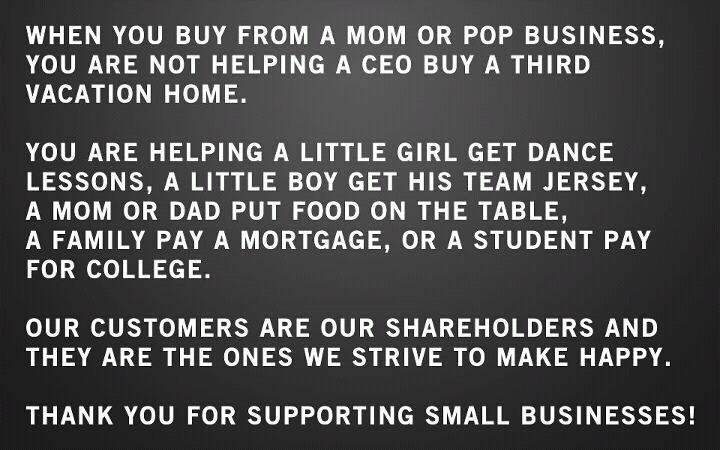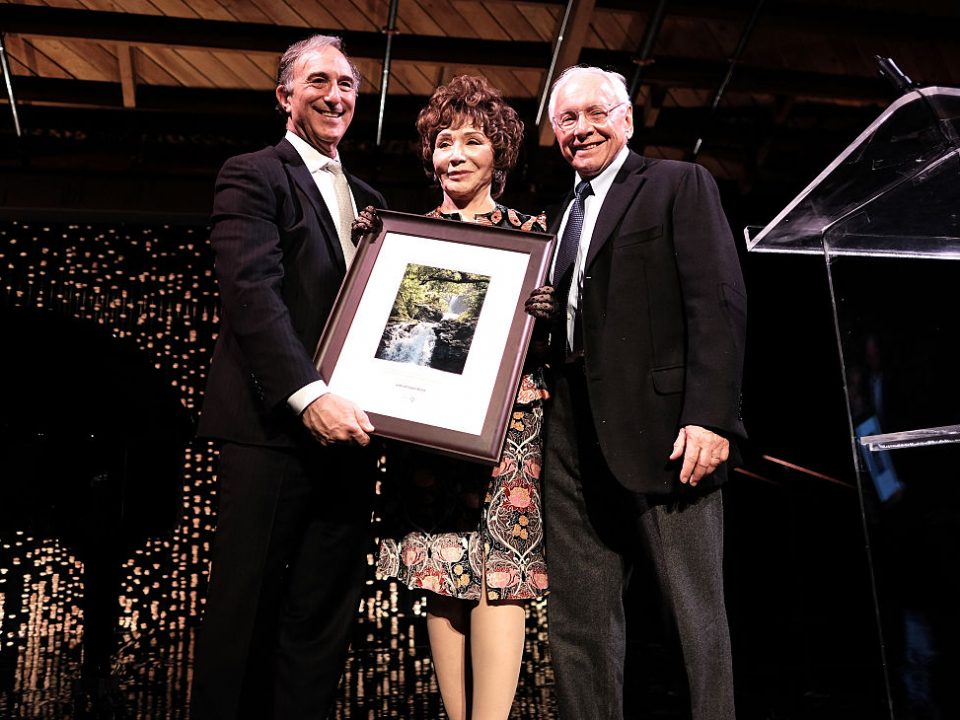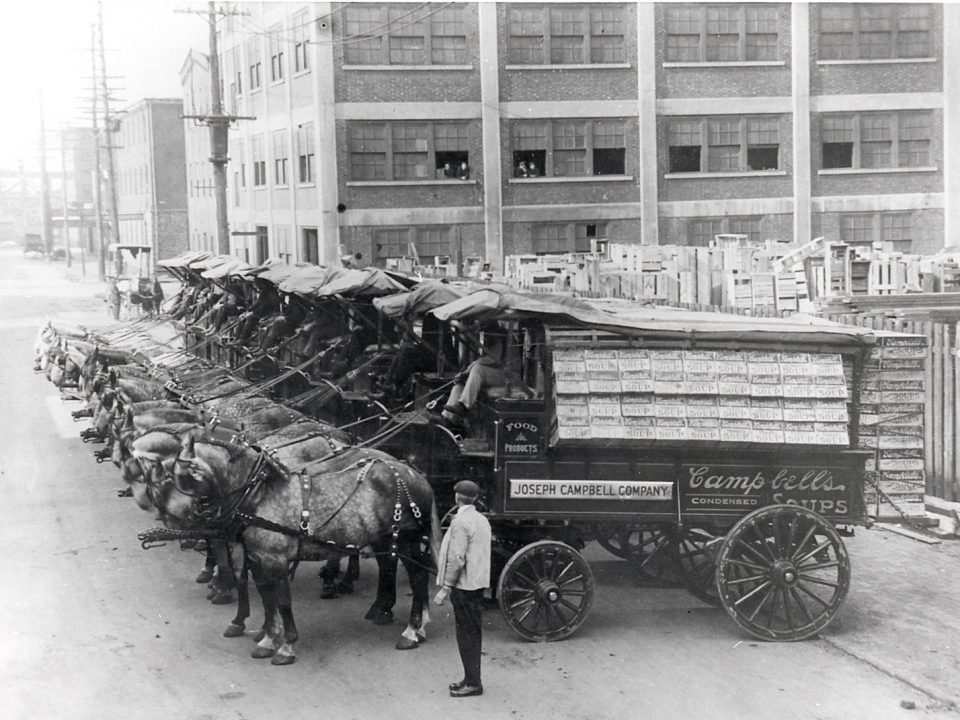
5 Ways to Create a Likeable Content Marketing Strategy
November 29, 2019
Tips for using Pinterest
December 7, 20191. Facebook ads are highly effective for hospitality brands
Specifically, Facebook’s advertising options tend to be consistently more effective than other approaches in helping marketers reach valuable travel audiences.
What’s important to note is that it’s not just standard Facebook ads that marketers turn to. Other options, such as Facebook’s travel-specific dynamic ads and Stories ads, are also utilized more by hospitality brands than Twitter ads, Pinterest ads, or Snapchat ads.
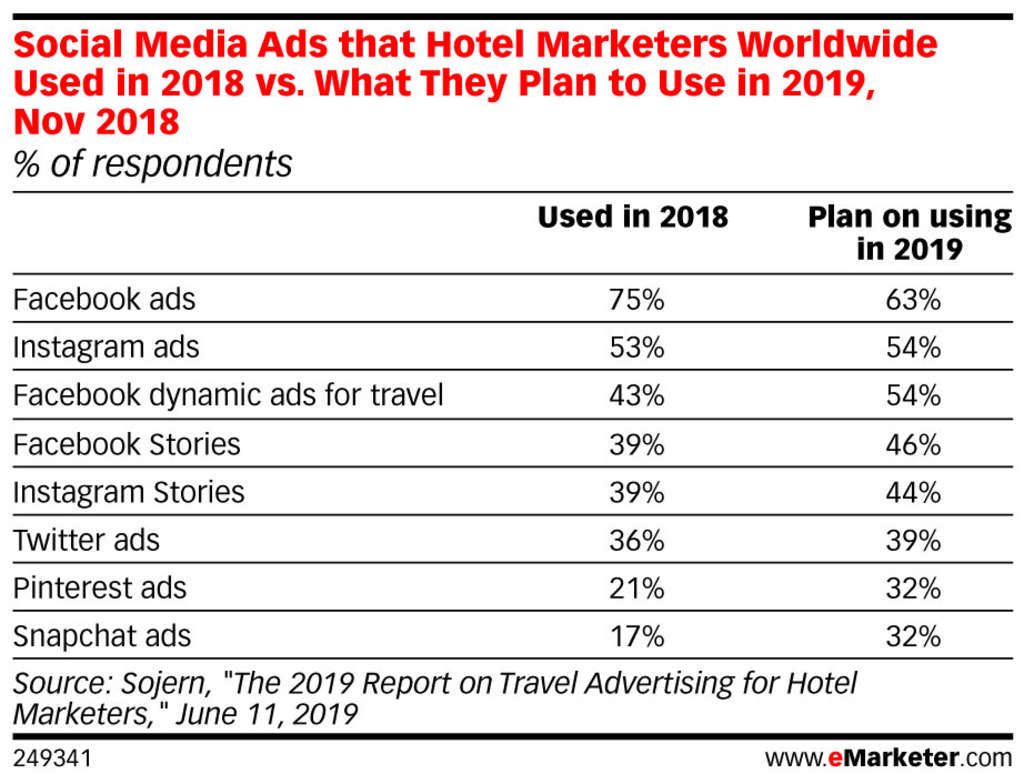
2. Facebook has a unique combination of scale and targeting
Why are Facebook ads—and Facebook efforts in general—so effective for hospitality brands?
Primarily because of the platform’s massive scale. According to Pew Research data, 69% of adults in the United States use Facebook, making it the second-most popular social platform after YouTube. To put that in context, more than twice as many US adults use Facebook compared with Pinterest, LinkedIn, Snapchat, or Twitter.
This huge audience is paired with sophisticated advertising options that enable marketers to connect with specific groups. In other words, Facebook is a unique blend; it combines the reach of mass media, such as television, with the targeting options of digital channels, such as search.
3. Facebook enables hospitality brands to reach valuable travel audiences
The benefits of combining massive scale and sophisticated targeting can be seen when trying to reach specific audiences.
Affluent travellers are a good example of this. According to Skift Research data, as cited by eMarketer, Facebook is by far the most utilized social platform for trip inspiration/planning by those with a household income of $100,000+ (some 39% of respondents use it, compared with 33% for Instagram, 18% for Twitter, and 14% for Snapchat).
The same also holds true for other valuable audiences. Essentially, because Facebook is so popular and has so many different content options (text, photos, videos, brand pages, etc.), it tends to be the first social network many different groups turn to when planning travel. If you are in hospitality in Prince George you can not afford to miss out on social media.
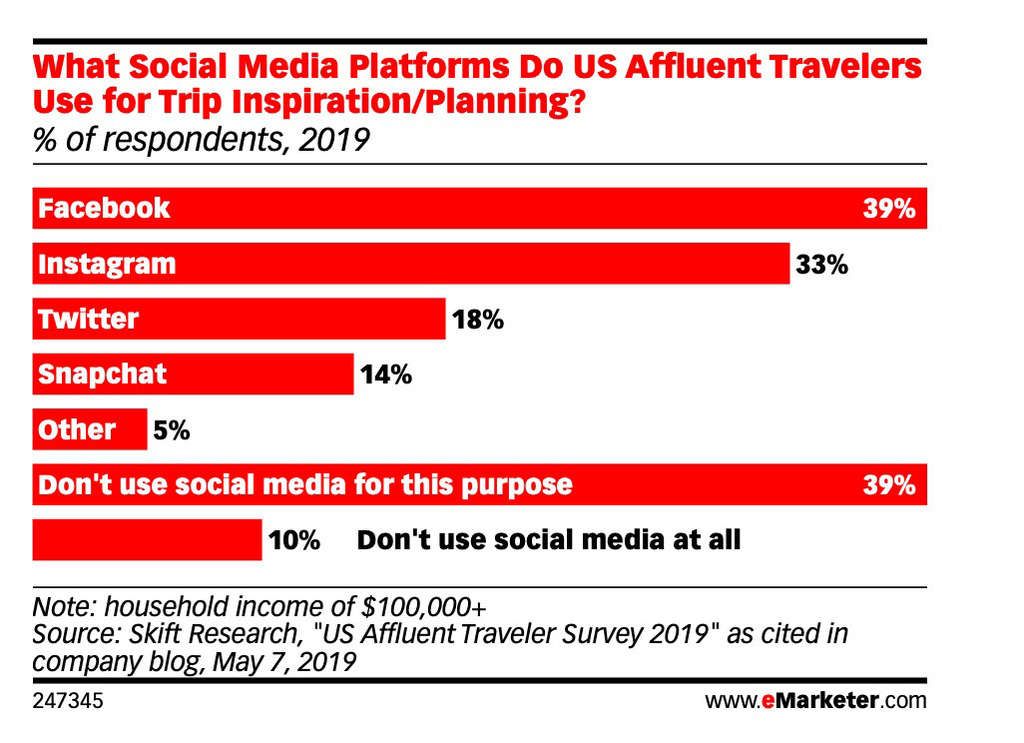
4. Facebook is effective in helping achieve both branding and DR goals
There are a number of marketing channels that can help hospitality brands achieve either branding or direct response (DR) goals. What makes Facebook unique is that it’s highly effective for both.
This double effectiveness has important benefits for hospitality marketers.
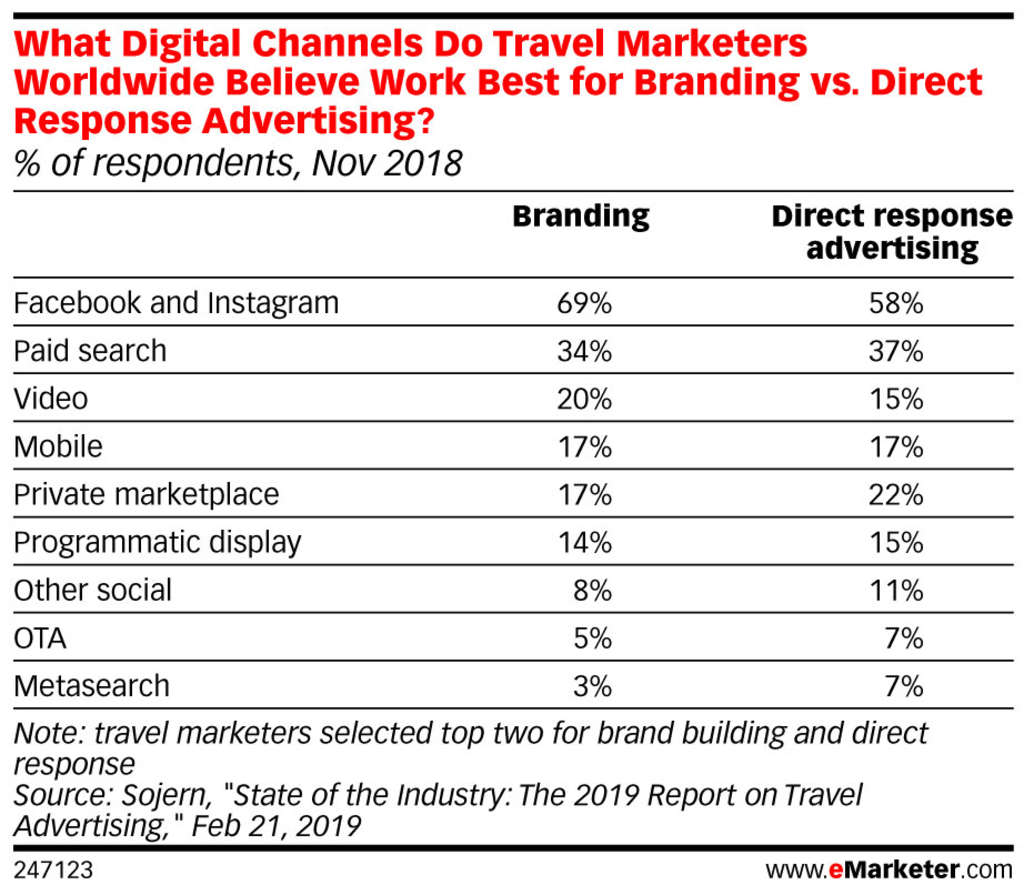
5. Facebook helps different hospitality businesses in different ways
Facebook is highly effective by all types of Prince George hospitality businesses.
However, the biggest benefits tend to differ by firm type. For example, according to Sojern data as cited by eMarketer, inns say that Facebook advertising is most effective in targeting new audiences; independent hotels say it’s most effective in building brand awareness; and home shares say it’s most effective in driving direct bookings and personalizing offers.
This doesn’t mean that Facebook can’t help each type of business achieve other goals; rather, it indicates that the platform is so powerful and so flexible that it’s able to handle the unique needs of different types of firms.
6. Facebook is about more than just Facebook
Finally, in the charts you’ve seen throughout this post you may have noticed that Facebook appears to have a strong, up-and-coming competitor: Instagram.
The twist with that, of course, is that Facebook owns Instagram.
That’s important in both the short term and the long term. Right now, it means that hospitality brands can engage through the overarching Facebook platform in a wide range of ways—in-feed advertising, organic posts, Stories ads, video ads, etc.—and across a wide range of apps/services. Going forward, it means that the company’s control of the social media space is unlikely to wane.
Facebook is incredibly well-positioned to be the marketing platform for the Hospitality industry. Given that, and given its effectiveness across many key areas, hospitality marketers should make sure to treat it as a unique and powerful option, not just another marketing channel.
Looking for help with your social media? contact us.

